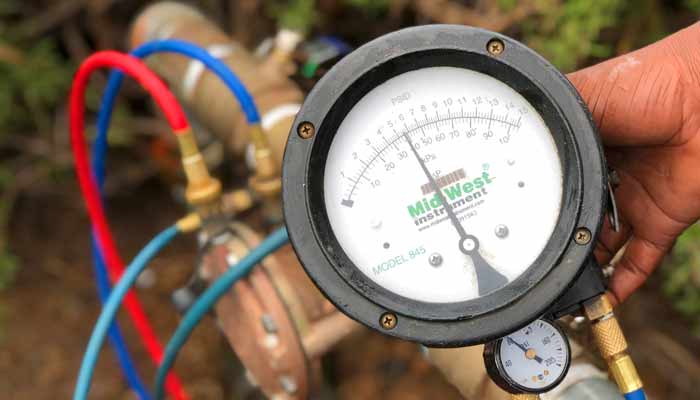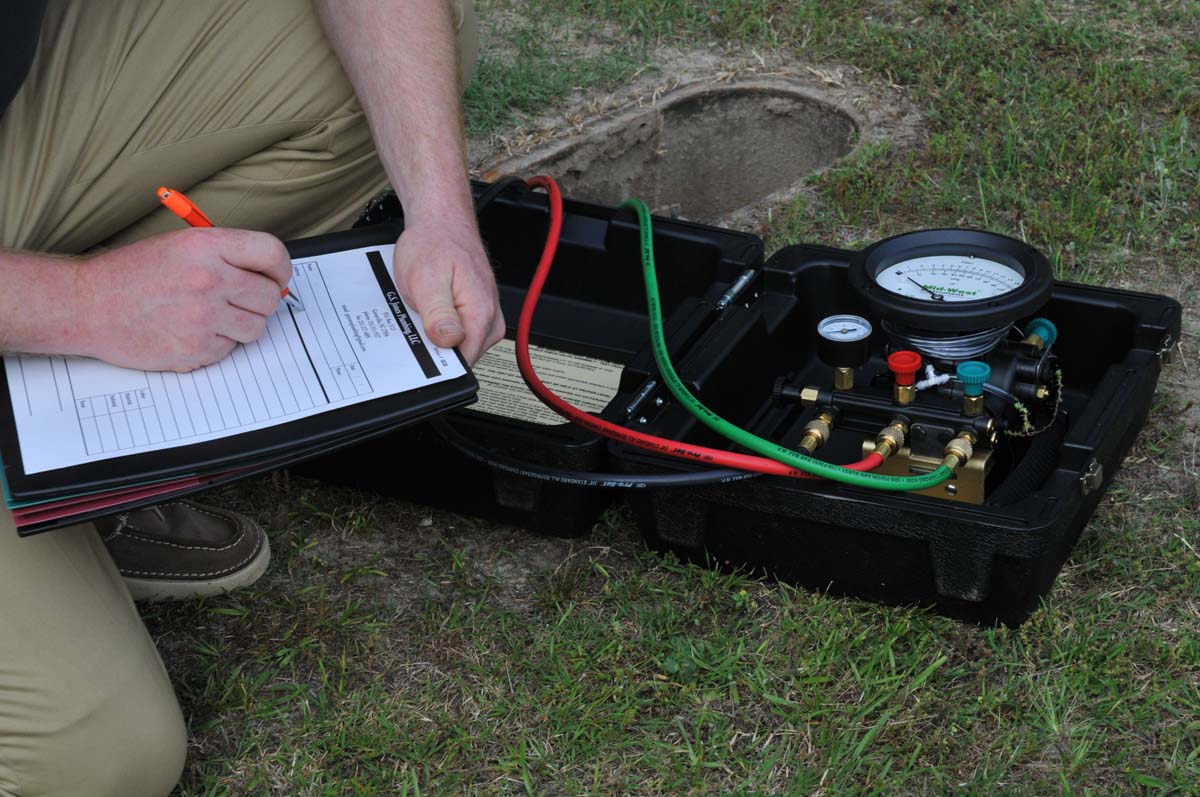Should I Perform a Backflow Test on My Water
Should I Perform a Backflow Test on My Water
Blog Article
The content listed below involving Backflow Prevention is exceedingly attention-grabbing. Give it a try and make your own personal ideas.

Yes, you need to backflow test your home's supply of water to make sure that the water is free of contaminants as well as dangerous levels of chemicals. You need to not try to carry out heartburn screening on your very own because of the devices called for and space for mistake. We advise that you call an expert plumber every number of years to examine your water.
Backflow Can Impact Both You as well as Your City
Lots of cities develop heartburn standards due to the fact that unsafe heartburn can influence the general public water supply in addition to a solitary structure. Modern-day cities have backflow devices in area that secure the water supply that comes from many residences and also industrial homes. The real danger comes from watering systems, which can damage the supply of water with toxic plant foods, manure, as well as various other chemicals.
What Causes Backflow?
A normal cause of heartburn is a loss of water stress that creates the water to siphon back right into the supply of water. An instance is cleaning out a paint container using a pipe. You load the paint bucket up with water, leaving the hose pipe in the pail. After time, there is a loss in water pressure and the pipe starts to draw the water back into the water system. As you can picture, there are now chemicals from the paint that are entering the water supply, potentially positioning a risk. Several individuals are not even aware of heartburn screening, but there are many factors why it's so important.
Heartburn Testing is Called For by Law in Certain Cities
Relying on where you live, you might really be called for by law to backflow test your legislation. Iowa City keeps a record of all buildings offered by the city's water supply. The city calls for that particular "high-hazard" centers undertake backflow testing. In many cases, residential properties such as homes and also apartment buildings are impacted.
You Can Avoid Heartburn
The main objective of a heartburn tool is to avoid water from flowing in reverse into your water supply. Plumbings mount the device on the pipelines in your residence to make sure that the water just moves in the appropriate direction.
What is Backflow?
In other words, heartburn is when water moves upwards-- the opposite instructions in the plumbing system. This is likewise referred to as "backpressure." When the water relocates this direction, it can combine with dangerous toxins as well as present a danger.
Call a Plumber to Examine for Backflow Prior To It is Too Late
While it could seem grim, polluted water can result in terrible bacterial and also viral infections that are challenging to deal with. If there are any type of harmful chemical degrees, a plumbing business can quickly test your residence's water to figure out. If you can avoid the misery that comes from consuming contaminated water, the small financial investment is. And if you do discover that your water has high degrees of toxic substances, a plumber can easily mount a backflow prevention device.
Yes, you require to backflow test your residence's water supply to make sure that the water is totally free of contaminants and damaging degrees of chemicals. Lots of cities develop backflow guidelines because unsafe heartburn can impact the public water supply in addition to a solitary building. A common cause of heartburn is a loss of water pressure that causes the water to siphon back right into the water supply. After some time, there is a loss in water pressure and also the hose pipe starts to suck the water back right into the water supply. The major function of a backflow tool is to avoid water from moving backward right into your water supply.
WHY DOES BACKFLOW TESTING NEED TO BE DONE EVERY YEAR
What Is Backflow?
Toxic gas backing up into a building is one example of potential backflow issues, but backflow can occur in many other ways.
Backflow is generally referred to as the reversal of a liquid or gas in a plumbing system.
Most issues for the public occur with backflow resulting in contaminated drinking water. If you look up backflow issues online you’ll probably find references to “potable” water. That means drinking water.
There have been backflow issues in the past with drinking water. Chemicals, sewage and other contaminants have found their way into drinking water causing health issues for those that count on the fresh water.
What Causes Backflow?
In a residence or commercial building water generally flows one way. This normal flow is usually driven by consistent pressure in the water and waste system.
Anything that changes the normal pressure in the system can lead to backflow.
Fire hydrant use or malfunction can reverse the normal pressure in the system on a city line, but backflow can occur in a number of different ways.
Sometimes backpressure might be caused by someone using a garden hose and submerging the end of the hose in a pool of liquid. If pressure is lost the flow could reverse and contaminants could be released into the drinking water.
Anytime there is a connection between contaminants and the drinking water there is potential for a backflow issue. Sometimes these connections are not immediately obvious like the garden hose connecting to a building’s drinking water supply.
Backflow Regulations
The Environmental Protection Agency (EPA) provides guidelines and regulations for state and local governments regarding backflow. State and local governments also have their own guidelines and regulations for backflow prevention.
Arizona has its own backflow regulations.
Due to issues with backflow in the past, regulations require backflow preventer devices to be used in nearly all residential and commercial buildings.
A backflow preventer is a device that prevents backflow as cross-connection points where potential backflow issues may occur.
While backflow is not a common occurrence, preventers are in place to make sure there is no contamination should something malfunction or go wrong with a building’s water supply.

I was shown that article on Is backflow testing necessary? from an associate on a different web property. Are you aware of another person who is interested by the topic? Be sure promote it. Thank you so much for your time invested reading it.
Reliable help? Dial. Report this page